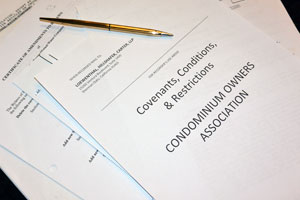The insurance policy between you (insured) and the insurance carrier (insurer) is considered a contract. This contract requires that your insurer act in “good faith” toward you. When the insurer unreasonably withholds policy benefits from the insured, it is considered to be in “bad faith.” Basically, it is any claim that is wrongfully denied by the insurer.
Some examples of bad faith include failing to promptly and thoroughly investigate a claim, unreasonably denying benefits to a claim, using unreasonable interpretations in translating policy language, or refusing to settle the case or reimburse you for the entirety of your loss.
Bad faith means not only a breach of your insurance policy contract with the insurer, but also includes injuries personally sustained outside of the insurance contract as a result. If a breach is determined dishonest, deceptive or fraudulent, a judgment may be obtained and punitive damages awarded. This sum may exceed compensation for the loss under the policy as punishment for bad faith, and to deter similar conduct by the insurer in the future.


